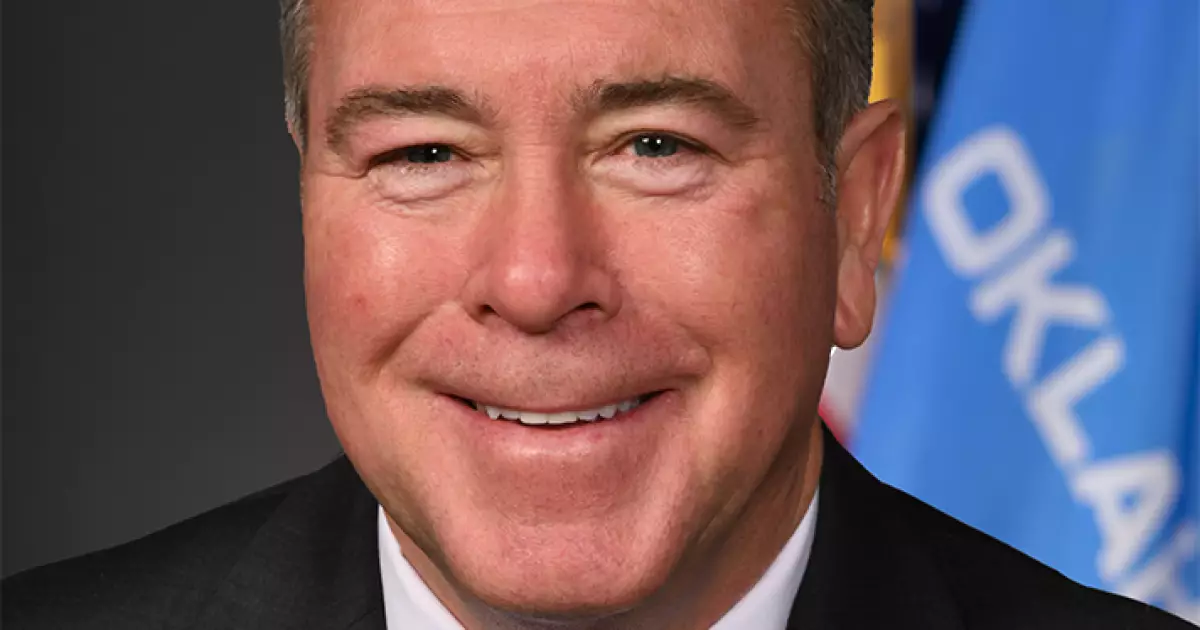The recent announcement by State Treasurer Todd Russ regarding the addition of Barclays to Oklahoma’s list of investment banks deemed to be “boycotting” the fossil fuel industry has sparked discussions about the economic implications for the state. This move makes Barclays ineligible for state and local government contracts, joining other major banks like Bank of America, JP Morgan, and Wells Fargo. These banks were previously placed on the list under the state’s Energy Discrimination Elimination Act, which was enacted in 2022.
According to Russ, the inclusion of Barclays in the list indicates progress in the state’s efforts to address companies that are targeting Oklahoma industry and jobs. The statement released by Russ highlighted Barclays’ involvement in direct financial boycotts of energy groups, particularly in the coal mining and power sectors. The bank has announced plans to cease providing project finance for new upstream oil and gas projects or related infrastructure by 2024, and has set expectations for energy groups to produce transition plans and decarbonization strategies surpassing Oklahoma’s requirements by January 2025.
Barclays’ decision to boycott the fossil fuel industry has not gone unnoticed in the financial market. The bank recently led a $230.46 million bond sale for the University of Oklahoma, but it remains unclear how such actions could impact its future involvement in state and local government projects. A study conducted last month revealed that Oklahoma’s Energy Discrimination Elimination Act has led to a significant increase in borrowing costs for municipalities, indicating potential challenges for financing future projects in the state.
Despite efforts to mitigate the impact of the Act, such as a proposed amendment to apply it only to state agencies, Senate Bill 1510 failed to pass in the House in April. The bill, which aimed to address concerns about the Act’s effect on borrowing costs, received widespread support in the Senate but was ultimately rejected. This legislative setback raises questions about the future direction of Oklahoma’s energy policies and the state’s relationship with investment banks that choose to boycott the fossil fuel industry.
The addition of Barclays to Oklahoma’s list of “boycotting” banks signifies the state’s ongoing struggle to balance economic interests with environmental concerns. As the financial landscape continues to evolve, policymakers and industry stakeholders must work together to find sustainable solutions that support both economic growth and environmental stewardship in Oklahoma.

